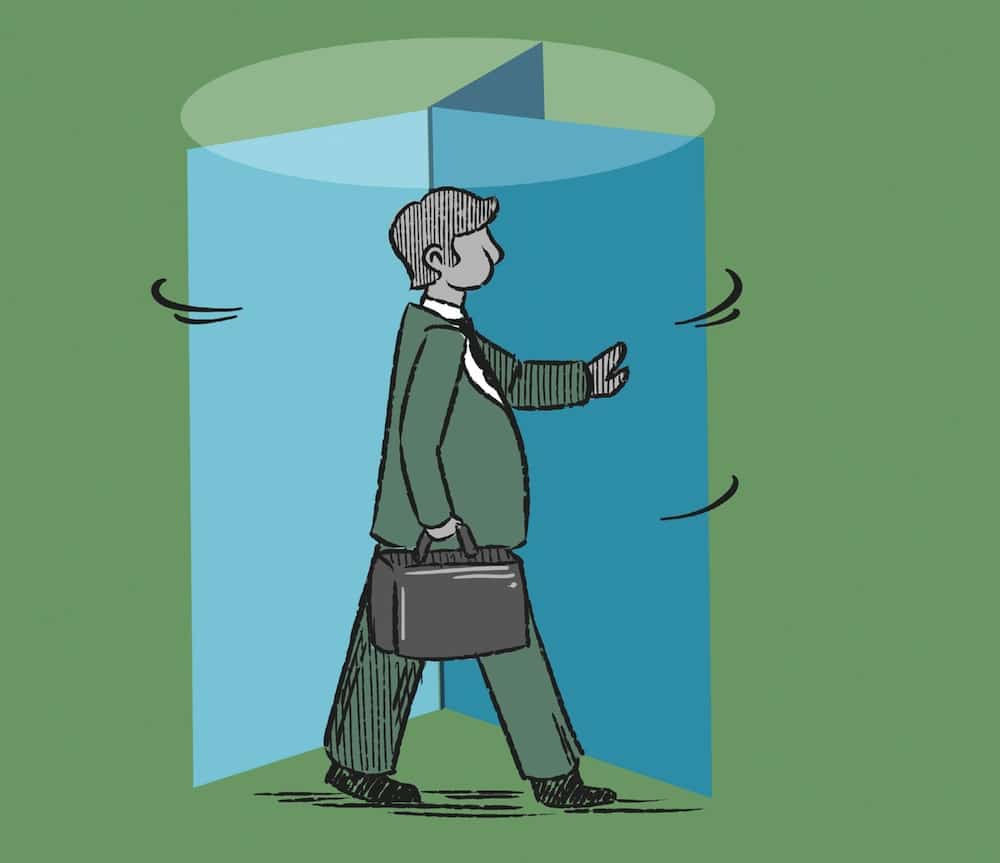David Naylor, U of T’s president from 2005 to 2013, was recently nominated to the board of directors at Barrick Gold. Barrick Gold, a Toronto-based global gold mining corporation, has faced accusations of poor community relations, poor environmental practices, displacement of communities, erosion of agriculture, poor compensation of workers, and worker deaths. Many worry that Naylor’s appointment will further associate U of T with a company that has been accused of completely disragarding many of our community’s most fundamental values.

NANCY JI/THE VARSITY
Prior to any discussion of the effect of Naylor’s transition on U of T’s public image, we must first remember that he was nominated because he is well-qualified for the job. Naylor holds both a md from U of T and phd in social and administrative studies from Oxford, where he was a Rhodes Scholar. He has been a public administrator for the past 14 years.
His résumé is supported by years of involvement with the Canadian government, most notably as the chair of the National Advisory Committee on sars and Public Health in 2003. Each of these elements makes him an obvious choice for a gold mining corporation that operates on several continents and is often lobbying the Canadian government.
Such a move is not without precedent, either; Robert Prichard, president from 1990 to 2000, was later hired as president of Star Media Group and COO of Torstar Corporation, which owns the Toronto Star. The situation is quite similar in the United States. Take, for example, Michigan State University; M. Peter McPherson, its president from 1993–2004, is now chairman of Dow Jones.
Many worry that Naylor’s appointment will tarnish U of T’s reputation as an academic institution free from corporate influences. It might seem ridiculous at first to assume any impact on U of T’s reputation, given the fact that Naylor is no longer directly associated with the university. However, skeptics may have a valid case here: during Naylor’s tenure, the university received a $35 million donation from Peter Munk, president and founder of Barrick Gold.
For those who initially opposed the terms of the donation for giving the Munk family excessive influence in university affairs, Naylor’s appointment may indeed seem like a reward for services rendered.
However, as I have argued above, president Naylor is extremely well-qualified for the job. For that reason alone, no one should cry conspiracy without evidence to back up that claim. He may have done better to not accept the position to avoid suspicion, but Naylor is not obligated to yield to rumors.
Nevertheless, Naylor’s appointment presents an interesting opportunity to re-examine the situation almost three years after the dust surrounding the Munk Donation has settled. At that time, many students and members of the faculty voiced concerns over the terms of the agreement which they believe give the Munk family undue influence on spending and curriculum decisions. This seemed like a sword hanging over the head of the director of the Munk School that would restrict the school’s ability to speak up against the gold mining industry’s alledged abuses.
Three years later, no suspicions of a secret agenda ever fructified into actual news and our new president expressed confidence that academic integrity had been protected. In fact, the Rotman donation in 1997 came with a similarly troubling list of demands. All of the evidence points in the same direction: U of T is walking a thin line in its relationship with large private donors, but for now, we are safe.
Other universities might not be as lucky. In 2011, Carleton University received a $15 million donation from Clayton Riddell, a Calgary petroleum businessman. The contract gave the Riddell family considerable power in their oversight of the academic budget, hiring, and curriculum of Carleton’s Political Management graduate program. The contract was renegotiated after being exposed in 2012. Also, in 2011, York University received a $30 million donation from Jim Balsillie, co-founder of Research in Motion. The contract, which contained similar terms, was cancelled after being exposed.
All things considered, there is definitely a push from millionaires to influence the curriculum in Ontario universities. U of T should continue to be vigilant in its relationships with large private donors. However, there is no reason to have this debate at the expense of president Naylor.
Li Pan is a second-year student at Trinity College studying mathematics and economics.


